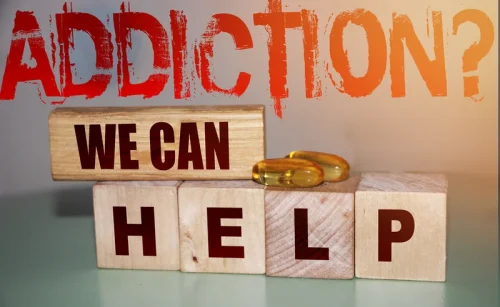
Talking about your recovery journey can help other addicts understand that even at rock bottom, recovery from substance use disorder is attainable. An addict may not listen to a doctor, preacher, family member, or counselor, but he may pay attention to someone who has walked in his shoes. Sharing your story provides encouragement to those who may be feeling lost, hopeless, or helpless. They feel inspired to keep moving toward their goal of long-term sobriety. In theory, opening up a word document or finding some paper and a pen to write about the difficulties you’ve been through may seem like an easy task, but in reality it’s often rather complicated. Personal thoughts, feelings and actions are particularly hard to put down in words, even moreso, when you’re attempting to write about the hardest moments in your life.
- By crafting a personal narrative abouttheir journey through addiction and recovery, individuals can heal andinspire others to take steps toward their own healing.
- You may run the risk otherwise of never getting past the story of your addiction.
- When telling your story, it’s crucial to understand your audience and adjust accordingly.
#8 – Newfound Purpose and a New Opportunity

This list may include dos and don’ts for sharing a personal recovery story, but don’t forget that there’s no one way to share. Instead, it’s important just to start sharing and, eventually, you’ll get into a groove that works for you. Whether it’s in a support group, with friends and family, or even online, your words could make a real difference in someone else’s life. And in the process, you might find that sharing your story helps you too. Sharing recovery stories helps to build a strong, supportive community where everyone can find a sense of belonging. This sense of community provides the support and understanding that are so important in staying on the path to recovery.
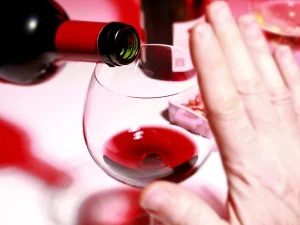
Role of storytelling in motivation
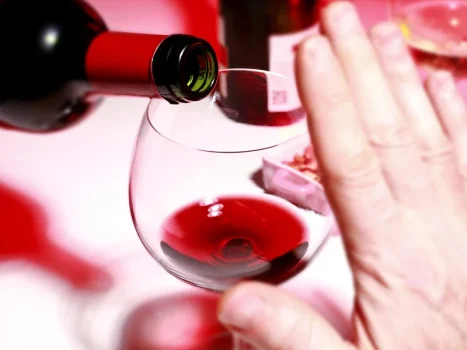
Try to keep an open mind and remember that everyone is at different parts of their recovery journey. This person may want your advice or just need someone to connect with. It is important to assess both the past and the present when sharing your story and making your recovery story outline. The past can trigger some people, so only share what feels to be the most helpful in the present moment.
- By sharing your own experiences—including your rock bottom moment, the steps you took to overcome addiction, and how you built a fulfilling sober life—you offer people hope that recovery is possible.
- You can express shame for some of the choices you made but with an understanding that your addiction had a hold on you when you made those choices.
- By sharing your journey, you can inspire others to take the first step toward recovery and help create a sense of solidarity among those battling addiction.
- (Be mindful about sharing identifying information if you are not comfortable doing so).
The Power of Sharing Your Recovery Story
Soberlink uses facial recognition Halfway house technology and detects tampering attempts, providing tangible proof of sobriety and helping to rebuild trust. Be sure to offer words of encouragement to those who are still battling drug or alcohol use disorder. Share insights, resources, and words of wisdom that have guided you toward long-term recovery.
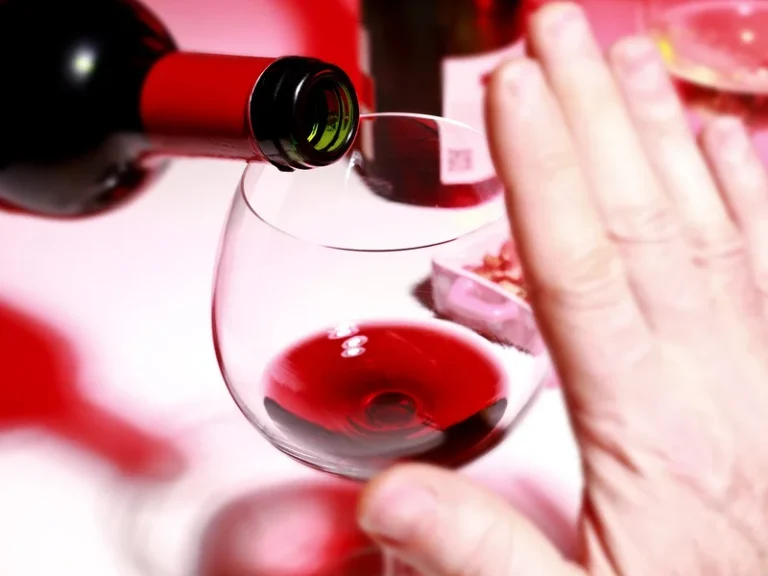
Stay mindful of your audience.If you’re speaking in Alcoholics Anonymous or a treatment setting, the people listening are looking for guidance and inspiration. Sharing bullet points of key events instead of excessive details helps keep your story from becoming overwhelming. At first, you may not feel comfortable sharing these details, but vulnerability is what makes your story impactful. This part of your journey is what many struggling individuals will relate to, and it’s often what gives them the inspiration to seek help. Sharing your recovery story isn’t just about telling what happened—it’s about showing others that no matter how deep addiction took them, they can also rebuild their lives. Emotional burdens are likely to have played a hand in your addiction but people don’t need a minute by minute playbook of it all.
Avoiding “War Stories” and Focusing on Recovery
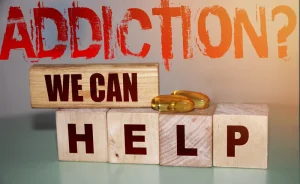
John’s goal is to monitor every department to ensure proper policies and procedures are in place and client care is carried out effortlessly. John joined Amethyst as a behavioral health technician where he quickly developed strong personal relationships with the clients through support and guidance. John understands first hand the struggles of addiction and strives to provide a safe environment for clients. Your sobriety date is the midpoint of your story, the point at which addiction became a recovery. Of course, those of us who look back at our lives in addiction and recovery will often recall that recovery was something of an uphill battle at first. That is why you should also remember when telling your story to note the very first time you took Step One.
Client Focuses +
But avoid bringing up “war stories” to impress, shock, or compete with others in the room. While it is important to be honest about the reality of addiction and recovery, it is also essential to focus on the positive. Your story is meant to inspire and motivate others, so sharing your story in recovery focus on the hope, the courage, and the strength it takes to overcome addiction. When sharing your story, it is important to be mindful of how you are presenting it.
If you need help with addiction or want to contact Recovered On Purpose, fill out the form below.
“Since getting sober, I’ve become a more stable, reliable person. Also, I have met a wonderful person who accepts me not despite my recovery story – but because of it. Additionally, inspirational quotes from seasoned individuals or thought leaders often accompany these narratives. Such quotes can serve as motivational tools, reinforcing resilience and prompting positive reflections among listeners. For instance, phrases centered around perseverance inspire adherence to recovery principles, reminding individuals of their intrinsic strength and capability to overcome hardships.
If you or a loved one are in need of substance use disorder treatment, or if you have relapsed and want to adjust your treatment plan, Safe Harbor Recovery Center can help. Our rehab in Portsmouth, VA, is dedicated to helping you on the path to recovery. Within thirty minutes of being introduced, you know their whole life story and you wonder why they’re sharing so much. When talking to people who are not friends, family, colleagues or close acquaintances, less if often more. The ways https://ecosoberhouse.com/ you address addiction with a toddler are different than the ways you would talk to a teenager.
